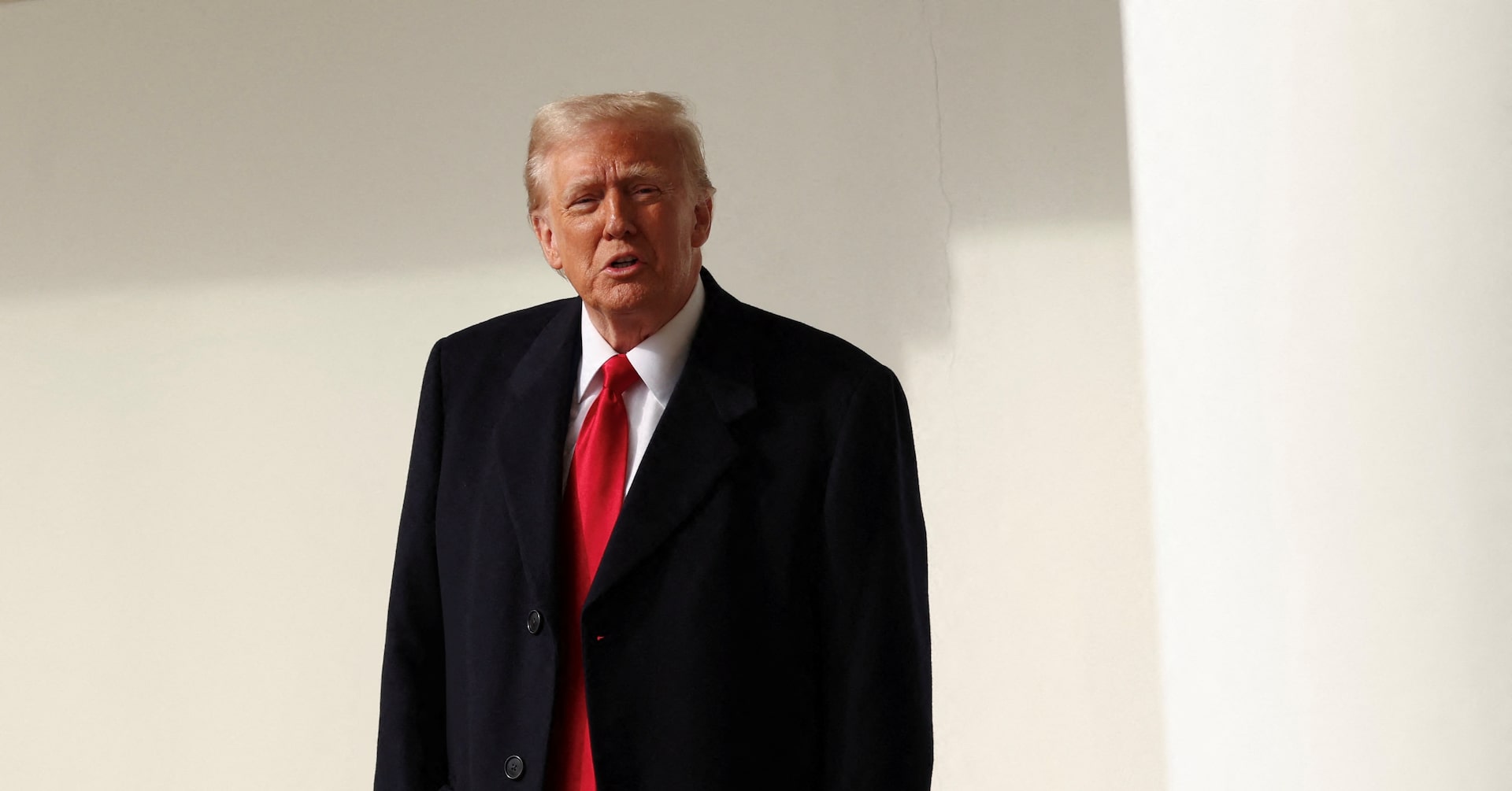Cartel Crackdown: Trump's Terrorist Label Sparks Diplomatic and Economic Tremors

In a bold move that could dramatically reshape U.S. foreign policy and border relations, President Donald Trump proposed a controversial strategy on Monday night: officially designating Mexican drug cartels as "foreign terrorist organizations". This potential classification carries significant implications that extend far beyond traditional law enforcement approaches.
Experts warn that such a designation would substantially expand U.S. legal authority to combat these criminal networks, while simultaneously risking complex diplomatic and economic consequences. The proposal could potentially complicate international business dealings, create additional barriers for asylum seekers, and potentially strain the delicate diplomatic relationship between the United States and Mexico.
By pushing for this classification, Trump signals an aggressive stance against transnational criminal organizations that have long been accused of undermining regional stability through drug trafficking, violence, and widespread corruption. The move represents a strategic escalation in the ongoing battle against powerful cartels that have operated with relative impunity across the U.S.-Mexico border.
While proponents argue the designation would provide law enforcement with unprecedented tools to dismantle these criminal enterprises, critics caution that the approach might generate unintended diplomatic and humanitarian consequences that could prove counterproductive to broader regional security objectives.

